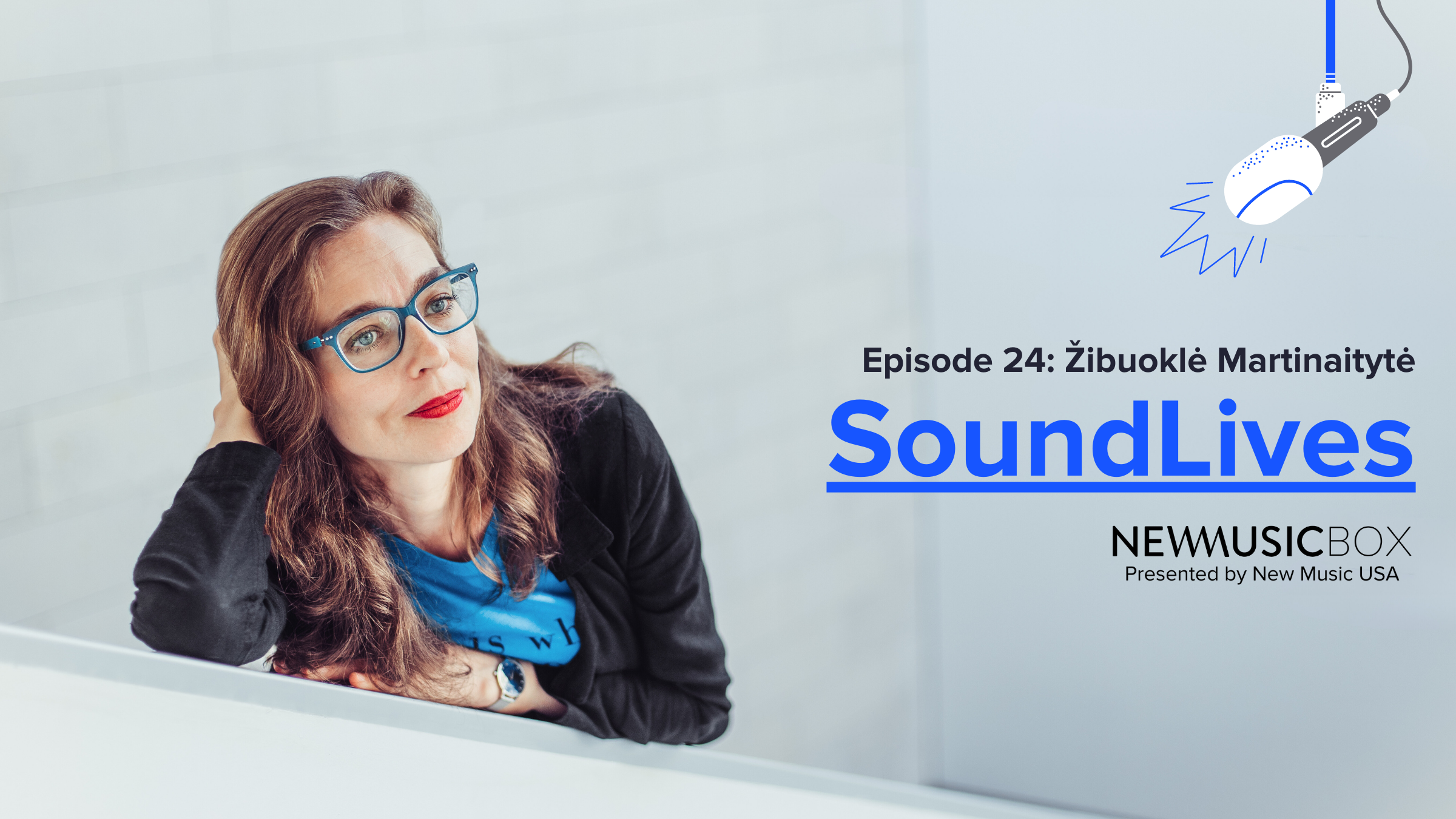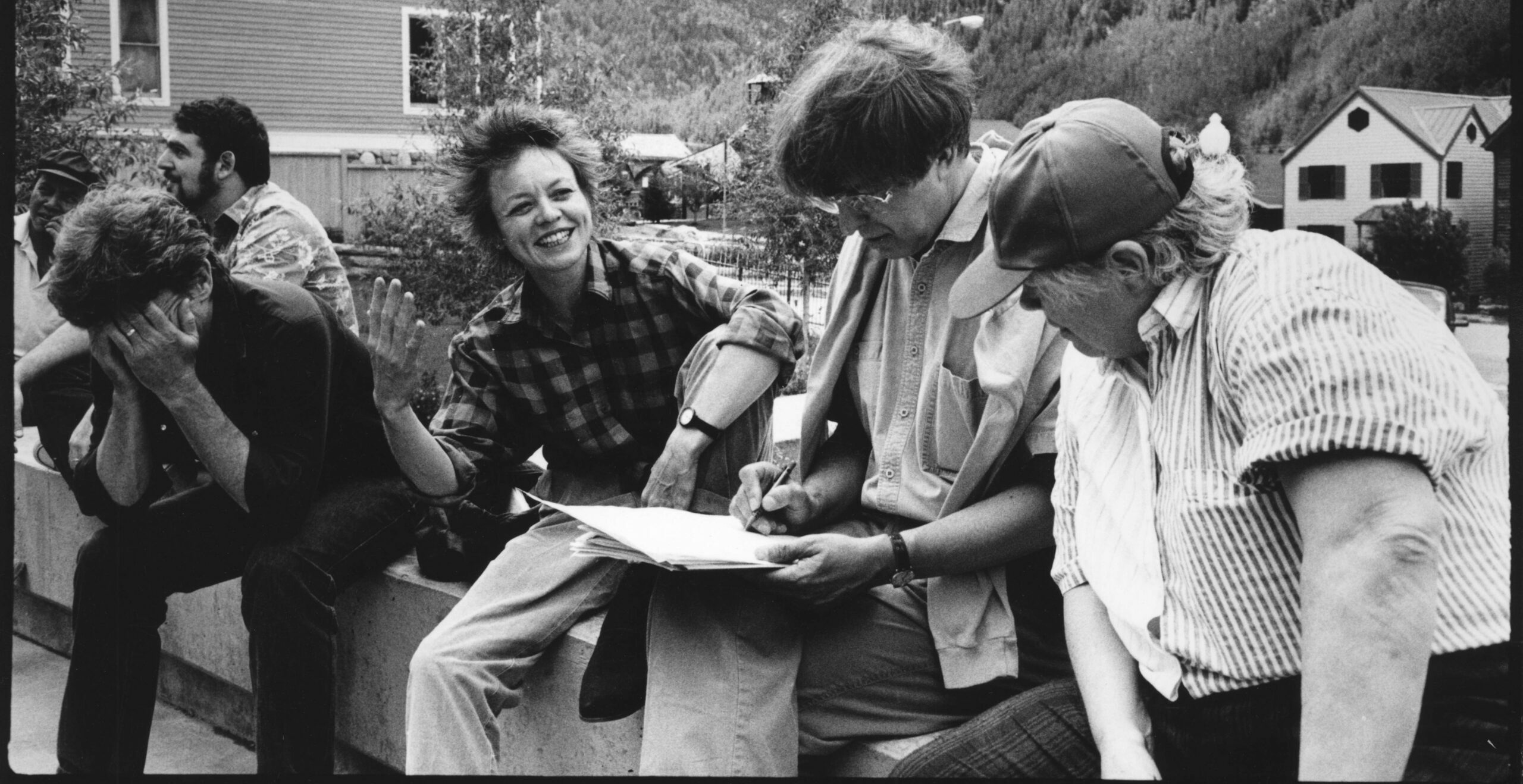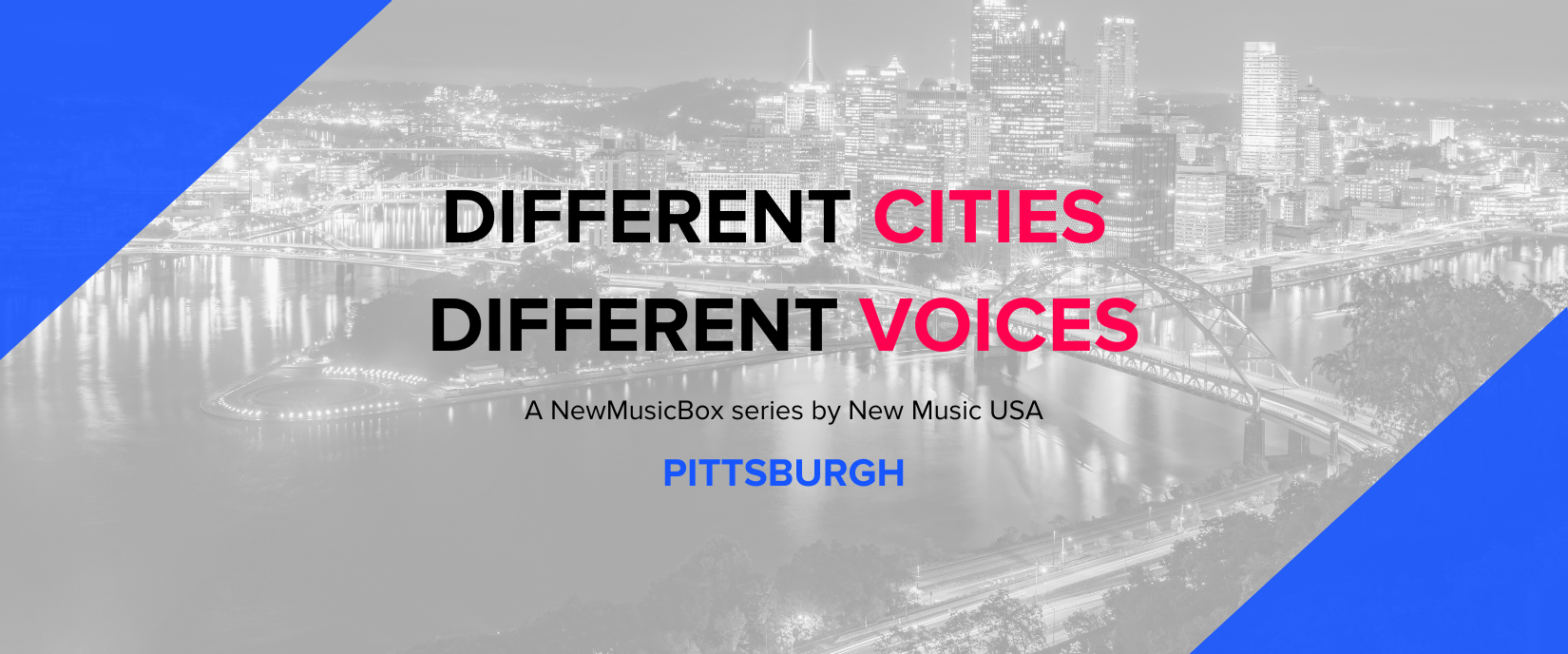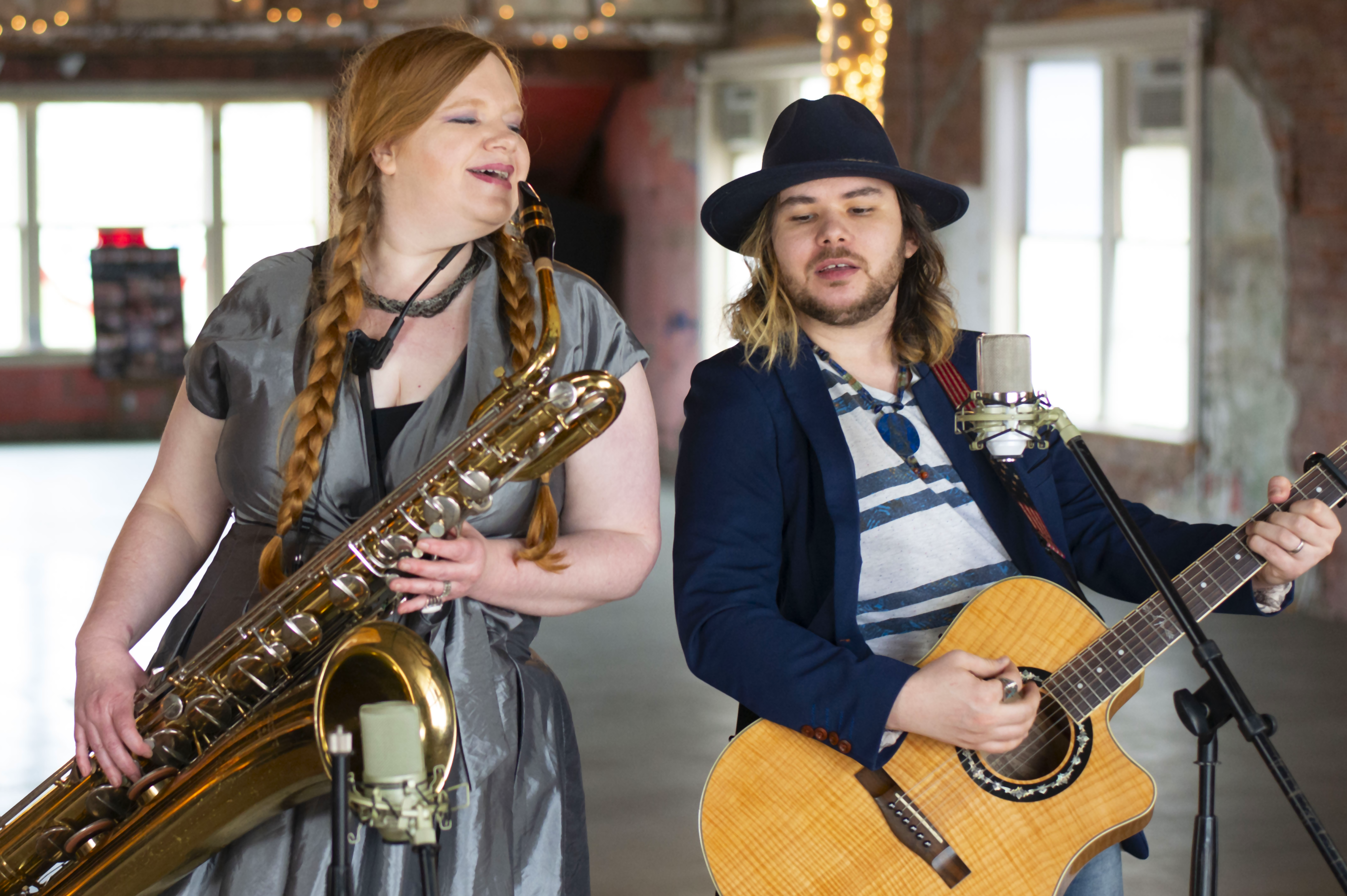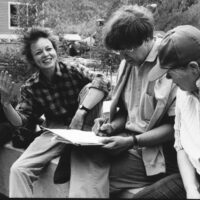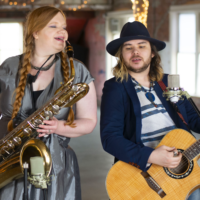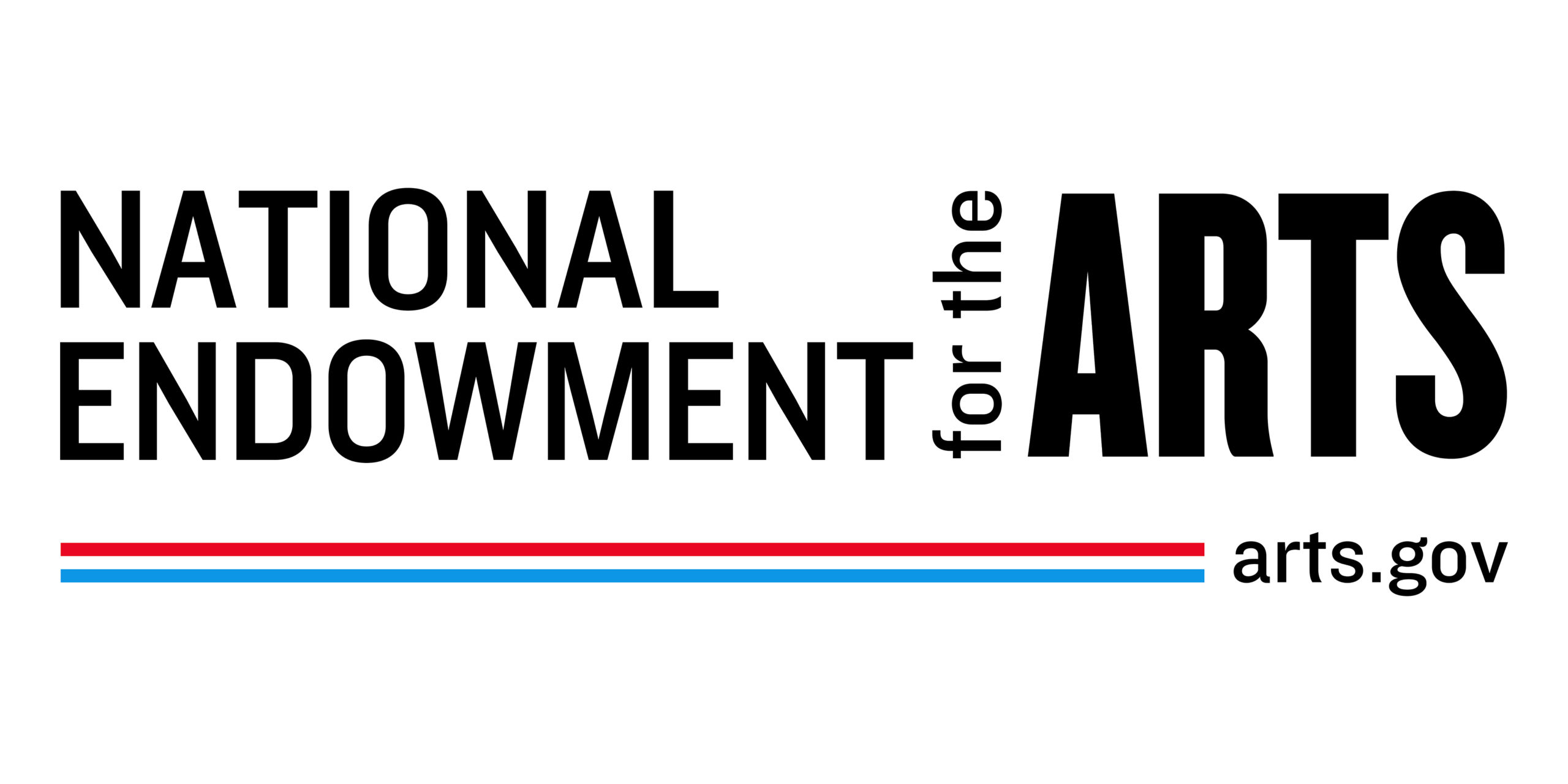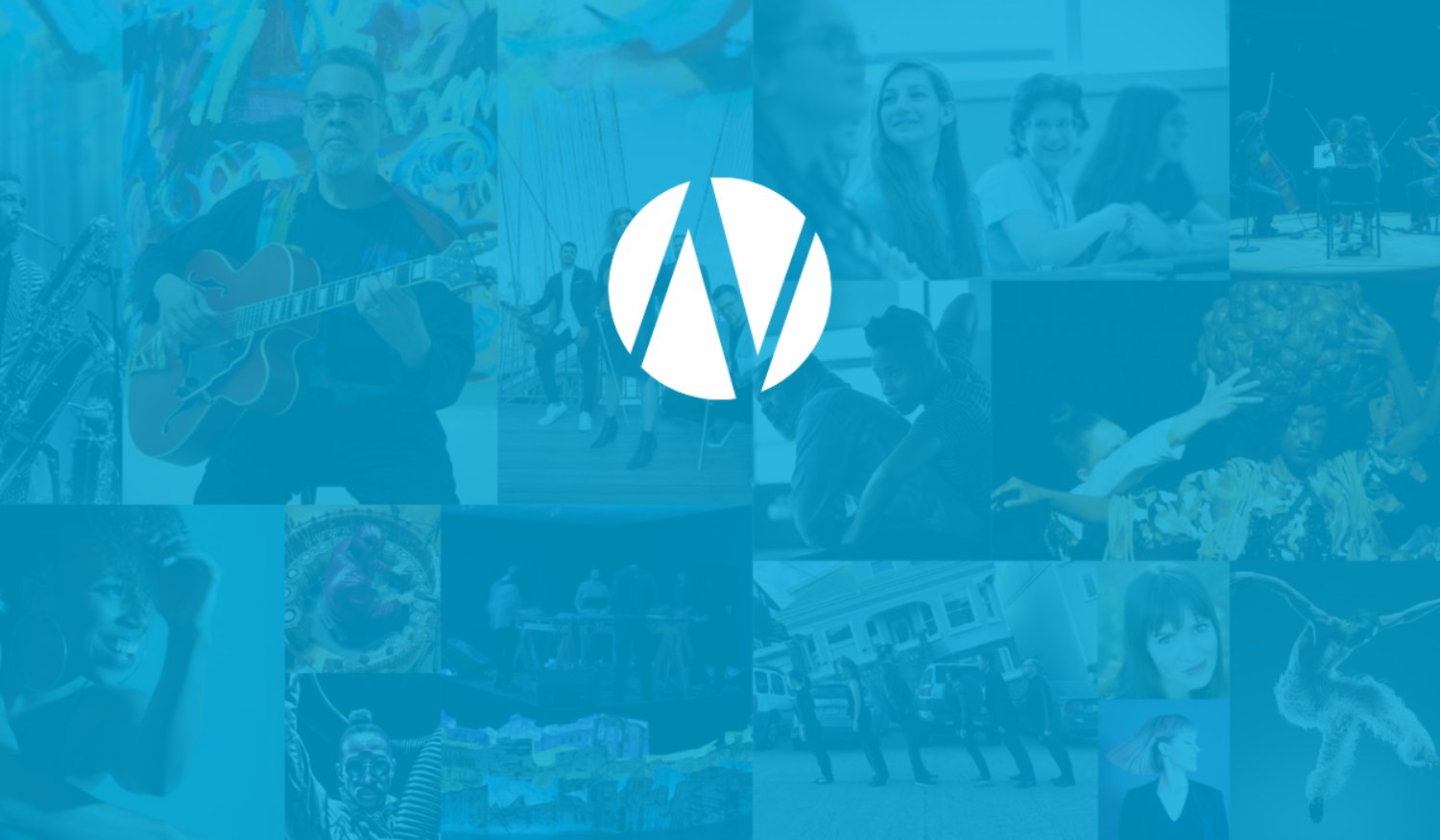
As a composer and a performer, Judith Sainte Croix bridged the world of New York City with the mountains of the West, and ran from the rivers of the South to the canopy of the rain forest. Utilizing indigenous instruments for many of her works, combining electronic and acoustic sounds and layers of rhythm, her music connected to nature and expressed her own evolving transcendental spirituality.

After I plunged right into a 9-to-5 position, I began to contemplate what it would look like to create a routine that would facilitate the continuation of my education in music while being outside of academia.
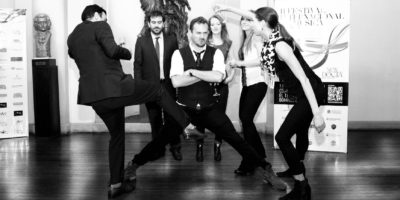
Choosing new rep is one of the most thrilling aspects of being in Sybarite5, and people ask how we do it all the time. It’s not a quick process, but it’s designed to let us grow artistically while also keeping our audiences deeply engaged.

As a composer, I’ve realized that perfectionism is encouraged frequently to some extent and with good reason. Precise notation minimizes uncertainty for performers and makes rehearsals more efficient. But don’t allow perfectionism to creep in too early in the creative process.

Ever since Pulitzer Prize Administrator Dana Canedy announced Kendrick Lamar’s win in the music category on Monday, news outlets and social media have been alight with hot takes and existential reflections. We’ve indexed some highlights.

About 35 years ago, a psychic told me that I had a “talent for organization.” I looked at her like she was crazy. But here I am, retiring after 34 years as co-founder and artistic director of the new music group Network for New Music; and, looking back, I have to admit that the experience of putting together (yes, “organizing”) that first proto-Network concert of new music with my musician friends in 1983 was intoxicating and, ultimately, addicting.

ASCAP Foundation President Paul Williams has announced the recipients of the 2018 ASCAP Foundation Morton Gould Young Composer Awards which encourages talented young creators of concert music. Details are included here for this year’s 17 award-winning composers and the works for which they were chosen as well as the 6 honorary mentions. Audio recordings for most of the award winning compositions are included as well.
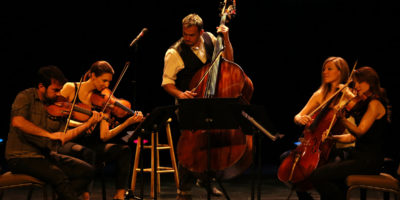
Sometimes Louis Levitt’s life as a performing musician is unstable and difficult, but he’s still fully committed because on stage he can be true, honest, vulnerable, innocent, and authentic in a way that is profoundly meaningful to him. “To me personally, the stage means FREEDOM.”
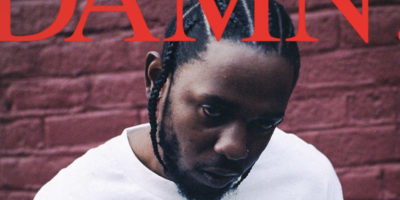
Congratulations to Kendrick Lamar, winner of the 2018 Pulitzer Prize for Music for his album DAMN.
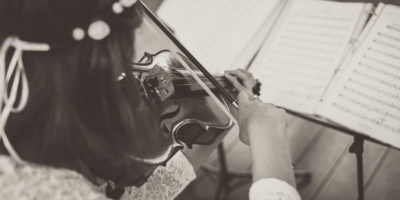
Since I was convinced that I wanted to focus on freelance composing and performing when I graduated, I didn’t thoughtfully consider the possibility of teaching as an integral aspect of my identity as a professional musician.

John Nuechterlein has announced that he will retire as President/CEO of the American Composers Forum effective December 31, 2018.
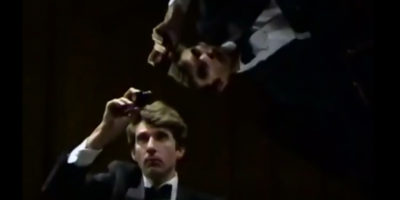
It has been twenty years since the performance of Randy Hostetler’s P(l)aces on the first MATA festival. Randy was a composer whose works lit up our world—for many of us starting in the early 1980s—and that glow continues on through today. His death in 1996 left a huge tear in our community—not just because of the brilliance of his own works, but also because Randy’s generous spirit brought people of all sorts together.

When he started his career, Sybarite5’s Louis Levitt took a few wrong turns—in part because he was afraid of the judgment of others if he pursued what he felt was his true calling. But experience is showing him how to put aside that fear, to value humor and authenticity in his work, and to feed his artistic inner self.
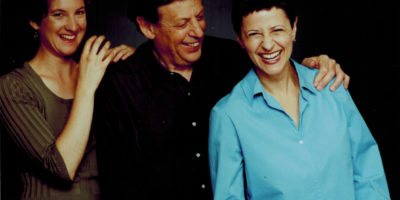
The MATA Festival’s founders Lisa Bielawa, Eleonor Sandresky, and Philip Glass share their reflections on the Festival on its 20th anniversary along with 29 other composers featured over the years.
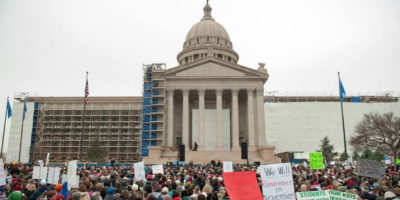
Not only are students in regular academic classes affected by the lack of funding for textbooks and personnel; music students have fewer resources and limited opportunities for participation. Let’s take a look at the crisis as it is now unfolding in the state of Oklahoma.
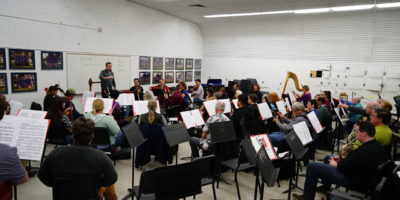
Joining the Redlands Community Orchestra meant that I could get to know not just music but also people over a long period of time. Since I wanted to learn how to better write for large ensembles, rehearsing with an orchestra on a regular basis would keep me aware of what compositional choices are effective for performers of varying abilities.

As a white, male composer, it’s not without trepidation that I grapple with the topic of diversity in the orchestral world; my demographic cohorts have been the main beneficiaries of the status quo since the first dissonances clanged forth. But access is a subject about which I care deeply, and my position gives me a glimpse into a quite conservative world, albeit at an institution that tries to work against the grain.
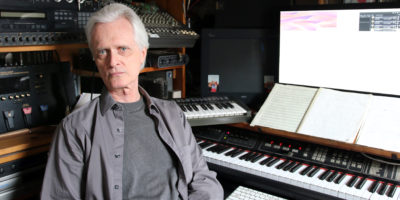
Taking recordings of fragments of speech, transcribing them into instrumental melodies, and then harmonizing them has provided Scott Johnson with the rigorous compositional techniques that underpin his work–from his landmark “John Somebody” to his recent tour de force “Mind Out of Matter.” But it still allows him to reference popular culture, as well as to fuse popular music and various classical inheritances.
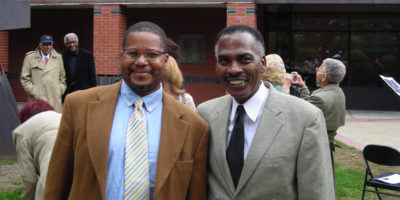
There is a tendency to separate morality and music instruction. Music instruction usually focuses on the notes or the historical facts. Olly Wilson’s lessons, by contrast, were holistic. He encouraged intellectual curiosity. I know that my use of analogies to explain concepts in class are the result of listening to him teach or discuss a variety of topics. All of us who studied with him modeled our teaching accordingly.

In their determination to force young musicians down the well-carved orchestral or academic grooves, institutions seem actually to be getting in the way of young artists curious to explore alternative ways of existing as dynamic and creative artists. How do we move towards a more open, more loving, more supportive environment, one that fosters networks of support among artists and incentivizes collaborative creation?
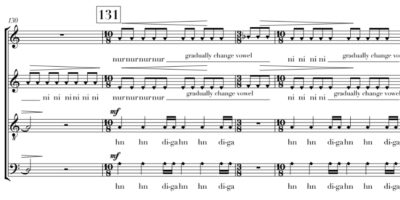
In choral music, timbral varieties are generally confined to specific styles and genres. But now there’s a growing body of work incorporating a variety of timbres that is accessible to avocational and student singers.

The International Contemporary Ensemble’s work at YOLA at HOLA, a group of young musicians from the Los Angeles Philharmonic’s Youth Orchestra Los Angeles based out of the non-profit education facilitator Heart of Los Angeles, which operates at multiple sites in L.A., was to pilot a new side-by-side initiative, called entICE.
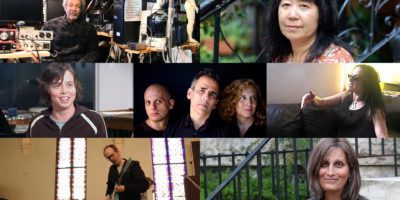
Ashley Capps—the driving force behind the Big Ears Festival—took a few moments to chat with us about anti-algorithms, festival strategy, and how you market an event that offers its audience both Béla Fleck and Diamanda Galás.
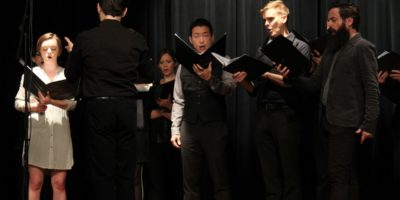
Composers can open up a whole new world of sound and textural possibilities through the use of indeterminate sections in a piece, whereby individual voices break away from others in their section and make creative choices on their own.
